Join the author, Néstor T. Carbonell, as he shares a critical analysis of the Castro-Communist regime and explores the challenges and opportunities that will likely arise when freedom finally dawns in Cuba.
CHAPTER 9: Eyeball-to-Eyeball: Who Blinked? (October – December 1962)
Washington: The Robert Kennedy-Dobrynin Meeting (7:45 p.m.)
The meeting took place at the Justice Department. According to Dobrynin’s version, the attorney general stressed the urgency to reach a settlement, particularly after the downing of the US reconnaissance plane. «Delay in finding a way out,» he underscored, «could spin out of control.» While recognizing that a military action in Cuba could have ominous consequences, Robert Kennedy said or implied that the United States was resolved to get rid of the missile bases and was prepared to bomb them as a serious threat to US security if it came to the worst.
When the attorney general conveyed to the ambassador the president’s response to Khrushchev’s first letter, Dobrynin asked, «What about the missile bases in Turkey?» Robert Kennedy replied in essence that those missiles would not stand in the way of a settlement. They could be dismantled in four or five months, but given the NATO connection, the president could not announce it as part of the deal. It would have to remain as a confidential understanding.
Dobrynin keenly observed Robert Kennedy’s demeanor throughout the meeting. «He was very nervous,» noted the ambassador. «Indeed, it was the first time I saw him in such a state. … He just kept repeating that time was pressing.» And indeed it was. Dobrynin got the message with its implicit threat and immediately relayed it to Moscow.»
Miami: Early Evening
While this was going on in Washington, Miró-Cardona, the head of the Cuban Revolutionary Council, was summoned to an urgent meeting in Miami with several of his State Department and Pentagon contacts. A US invasion of Cuba to overthrow the Castro regime seemed imminent. According to classified files released by the National Archives in October 2017, US military planners estimated they would need 261,000 troops to seize strategic areas in Cuba within 10 to 15 days. Given this emergency, President Kennedy wanted to make sure that the plans were in place to establish a Free Cuba government on the island.
Miró-Cardona was prepared for that contingency, having lined up a broad representation of both the exile groups and resistance movements on the island for a government of national unity. In the course of the discussion, he made it clear to his interlocutors that he expected to land with the US expeditionary force, along with the other members of the prospective Free Cuba government, and to broadcast to the Cuban people a liberation manifesto that he would draft.
Upon returning to his home in Miami Beach that evening, which was packed with the Council’s board members, advisers, and staff, Miró-Cardona took me aside and said in a low, tense voice, «It seems that the invasion could happen any moment. I want you to draft a proclamation in Spanish addressed to the people of Cuba, which I will broadcast upon landing. It should have the vibrancy to lift the spirits and rally for victory, as well as the magnanimity to stimulate defections and unite for peace.» He then added, «Lock yourself in a secluded room of the house so that you can write without interruptions. I need the manifesto soon!»
It was not easy for me to concentrate. As I pictured the landing and the new dawn of freedom we had yearned for, I had to temper my emotions. It took awhile for the thoughts to flow. Here is an English version of the proclamation I wrote in Spanish:
My Fellow Countrymen,
We have returned to our homeland after several years of painful expatriation. Marching with us, in close alliance, are the invincible forces of democracy. We do not come with impulses of vengeance but with a spirit of justice. We do not defend the interest of any sector, nor do we intend to impose the will of any ruler. We come to restore the right of the Cuban people to establish their own laws and to elect their own government.
We are not invaders, inasmuch as Cubans cannot invade their own land. We aspire to the glory of liberating our country, which fell under the Soviet yoke through the perfidy and betrayal of some of its sons.
We come to oust forever from our soil the hatred that divides the Cubans, the firing wall that bloodies the families, the misery that ravages the cities and towns, and the foreign domination that subjugates and disgraces our country.
The hour of rebellion—so eagerly sought—has finally struck. Members of the heroic underground: rise and help us rescue the unyielding political prisoners so that all of you can occupy a place of honor among the forces of liberation.
Members of the rebel army and the militias: break your ties with the Communist tyranny and join the legions of freedom. All those who abandon the enemy ranks to embrace the cause of democracy shall be our allies in war and our brothers in peace.
Our fatherland demands of us supreme sacrifices. Let every man be a muscle of rebellion. Let every woman be a torch of patriotism. Let every home be a trench line of dignity.
Cubans: Throw off the hammer and sickle of Communist oppression. Join the new battle for independence. Take up arms to redeem the nation, and march resolutely on to victory. Our sovereign flag proudly waves its splendid colors, and the island rises with the stirring cry of liberty!
As soon as I had finished drafting the proclamation, I handed it to Miró-Cardona. He read it carefully and, to my surprise and satisfaction, didn’t make any changes. Deeply moved, he gave me a warm Cuban abrazo and asked me to stay at home that evening in case he needed to reach me urgently.
The Shaky Settlement (October 28-November 20)
On October 28 in the morning, the world breathed a sigh of great relief. The superpowers had headed off, it seemed, the mortal danger of a direct nuclear confrontation. Khrushchev accepted Kennedy’s proposal to settle the Missile Crisis and ordered his generals to dismantle, crate, and return the so-called offensive weapons under United Nations supervision, in exchange for a US no-invasion-of-Cuba guarantee. The Soviet premier also acceded to the president’s demand not to disclose the Turkey-for-Cuba missiles side deal, but he spelled it out in a confidential letter that Ambassador Dobrynin handed to Robert Kennedy on October 29.
According to the ambassador, the attorney general confirmed to him the following day that the president would honor the understanding. To underscore the need for confidentiality, Robert Kennedy added that «someday—who knows?—he might run for president, and his prospects could be damaged if the secret deal about the missiles in Turkey were to come out.»
Most of the Ex Comm members, particularly those who had opposed the air strikes and the invasion and had insisted that Khrushchev be given a decorous way out, exulted with a sense of triumph. They felt vindicated. This prompted Bundy’s remark that, throughout the crisis, «everyone knew who were hawks and who were doves; today was the day of the doves.»
Not surprisingly, the hawks were not pleased with the outcome. CIA director John McCone, for one, had earlier warned that if the United States focused only on the removal of the missiles, the Soviets would keep Cuba and Castro would remain in power. His clear-sighted warning continued to be his leitmotif.
The Joint Chiefs of Staff, fearing a Soviet deceptive retreat, voiced their distress and anger. When summoned to the White House, Admiral Anderson cried, «We have been had!» The air force chief of staff, General Curtis LeMay, pounded the table. «It’s the greatest defeat in our history, Mr. President. … We should invade today!» Secretary of Defense McNamara, who was present, said he looked at Kennedy and noted that «he was absolutely shocked. He was stuttering in reply.»
Cubans on both sides of the Gulf were also incensed. Most exiles viewed the settlement as US capitulation and a missed opportunity to liberate Cuba. Some harshly called it a second Bay of Pigs betrayal. Others, when they later heard the president proclaim that, under the settlement, there would be «peace in the Caribbean,» fired back, saying that those words evoked Neville Chamberlain’s «peace for our time» following the infamous Munich pact with Hitler.
In Cuba, an irate Castro, who apparently had heard about the settlement on the radio, accused Khrushchev of ignominiously giving in to Kennedy and called him a leader without cojones (balls), among other flowery epithets. The Soviet premier responded that the conflict was coming to an end with a favorable conclusion for Castro since it would prohibit any invasion of Cuba. Aware of Fidel’s explosive personality and hurt feelings, Khrushchev urged him not to give «the mad militarists of the Pentagon any excuse to abort the agreement and take military action against Cuba.»
President Kennedy, who emerged from the confrontation with an aura of Churchillian statesmanship, felt that there was no need to seek further safeguards and clarifications before confirming the deal. So as soon as he received Khrushchev’s message on October 28, he responded: «I consider my letter to you of October 27 and your reply of today as firm undertakings on the part of both governments which should be promptly carried out.» He soon realized, however, that his rush to seal the agreement had perilous consequences.
The Crisis Continues
An essential condition of the Kennedy-Khrushchev understanding was that the Soviet missile bases in Cuba would be dismantled and the missiles removed from the island under United Nations supervision. Yet Castro objected to on-site inspection, and UN secretary-general U Thant and Soviet deputy premier Mikoyan failed to dissuade him from blocking the deal.
To keep the agreement alive, Washington caved in and acquiesced to inspection on the sea. Russian crewmen pulled back the canvas tarpaulins over what appeared to be missiles. This «striptease,» as billed by humorists, enabled hovering
US helicopters to peak and photograph, but the metal casings that presumably protected the missiles were not removed, and no boarding parties searched for nuclear arms. Nevertheless, Washington was satisfied that the forty-two MRBMs reported by the Soviets had been withdrawn, along with the nuclear warheads that were never photographed or spotted.
Absent on-site inspection, the United States was also unable to ascertain what was stored in cave complexes that had been cordoned off, reinforced, and conditioned with dehumidifying and air-conditioning equipment. Most troubling were the reports that burrowing and tunneling continued at a feverish pace after October 28, under the supervision and control of Soviet military personnel.
A major flaw of the agreement conceived and sanctioned by President Kennedy was that it did not define and specify the so-called offensive weapons that the Soviets were supposed to dismantle, crate, and remove. While it was understood, or at least implied, that they included medium- and intermediate-range ballistic missiles, the list was only submitted by Kennedy to Khrushchev on November 2.
Even then, there was no mention of the dual-use short-range launchers known as Luna (FROG) and some one hundred tactical nuclear warheads on the island. It seems that the Pentagon and US intelligence agencies were unaware that they had been deployed. Fortunately, Mikoyan felt uneasy leaving the tactical nuclear warheads in Cuba, even under Soviet supervision, so they were quietly withdrawn on December 1 on the ship Arkhangelsk.
What became a very serious bone of contention, which almost reignited the crisis, was the removal of the IL-28 bombers and their nuclear payloads. President Kennedy did not mention the bombers in the October 28 agreement and voiced not to get «hung up» over them. Pressed by the Pentagon and other members of the Ex Comm, however, he subsequently decided to raise it as a make-or-break issue.
Khrushchev strongly objected, arguing that the bombers had been deployed to Cuba for defensive purposes and their removal had not been part of the agreement. Given the impasse, Kennedy softened the demand, indicating that if the Soviet premier promised to remove the bombers in one month, he would take his word and lift the blockade. This message was relayed by the attorney general through his back channel (Bolshakov) and via Ambassador Dobrynin.
Khrushchev offered two counterproposals. The first of these was a commitment that the bombers would be flown by Soviet pilots only. (This idea was originally suggested by the Kennedy brothers, who subsequently withdrew it.) The other alternative was a private gentlemen’s
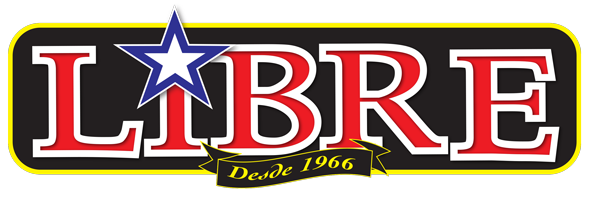


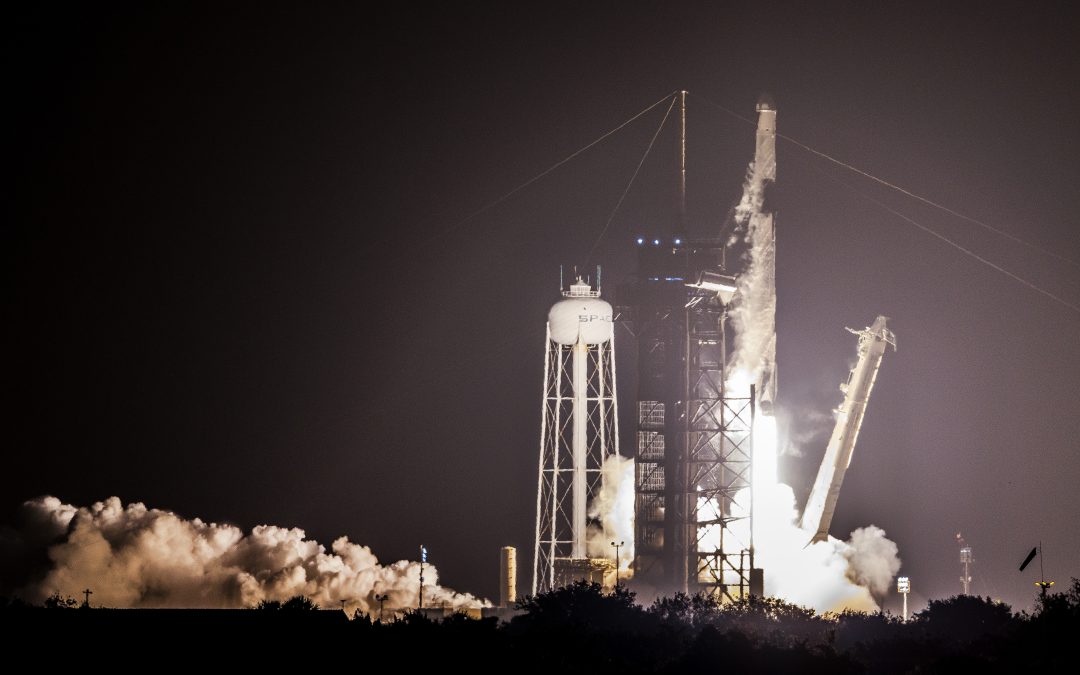
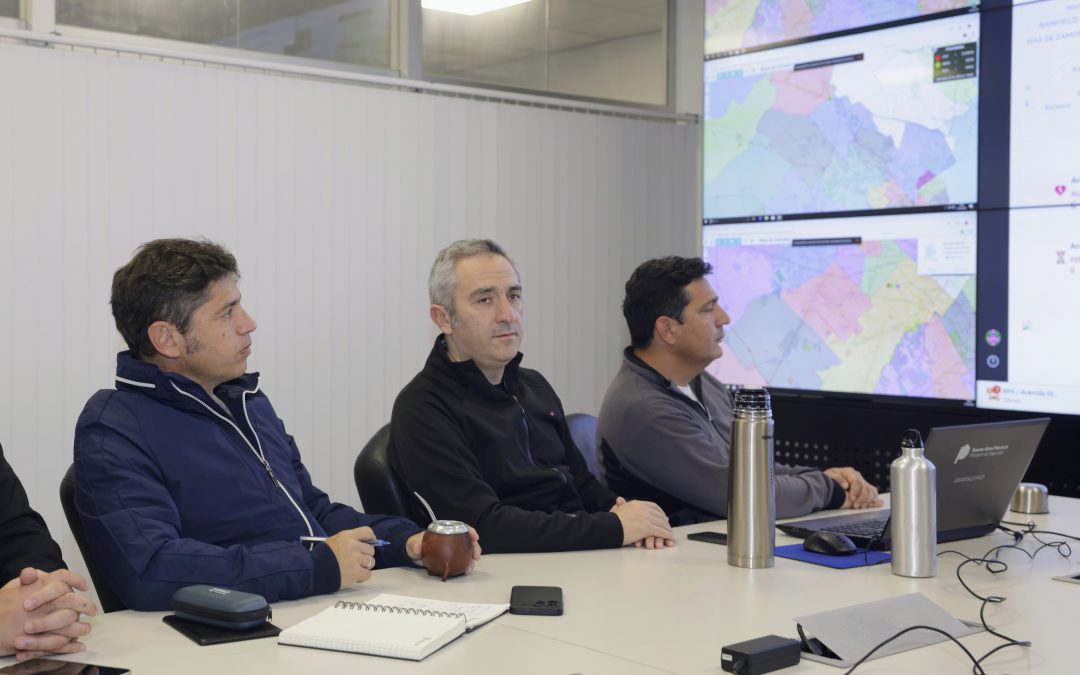
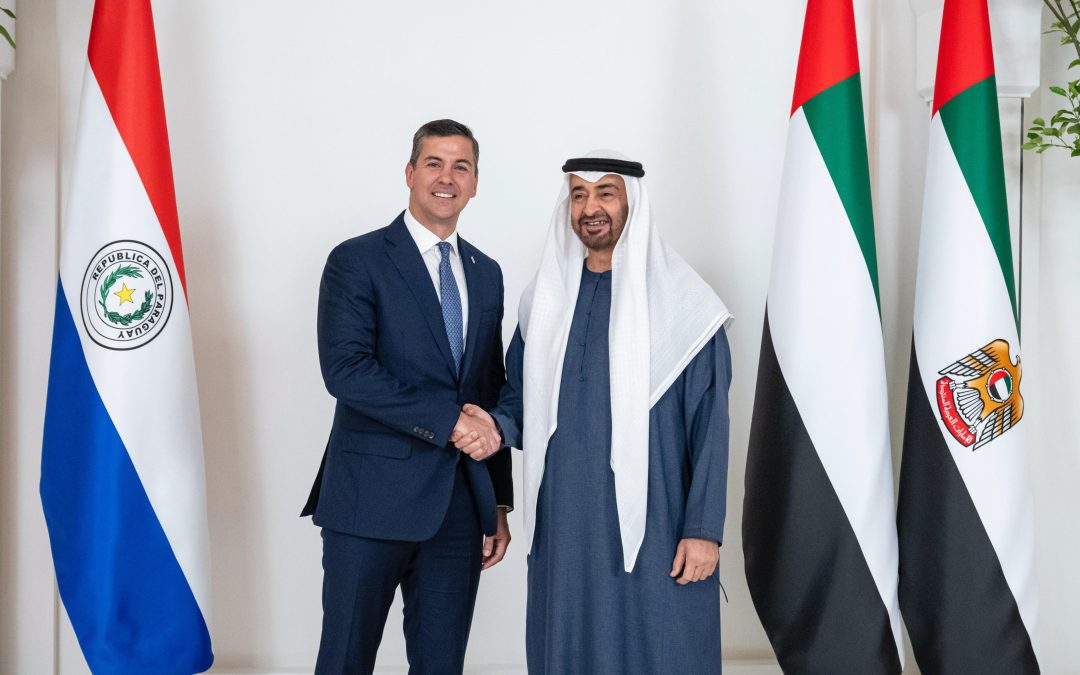
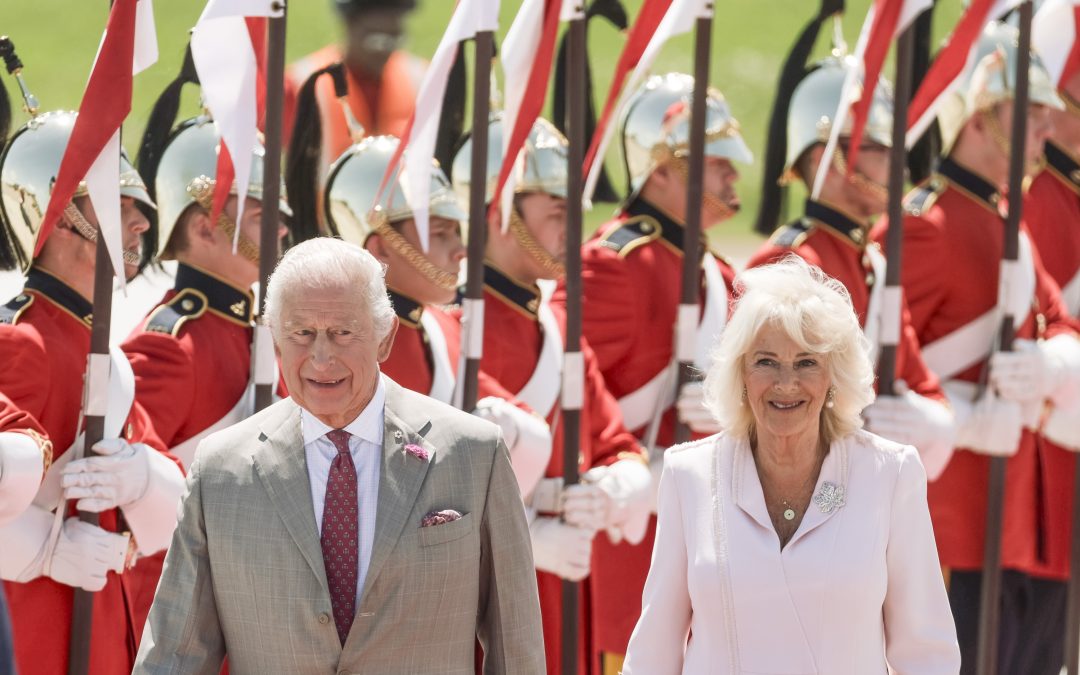
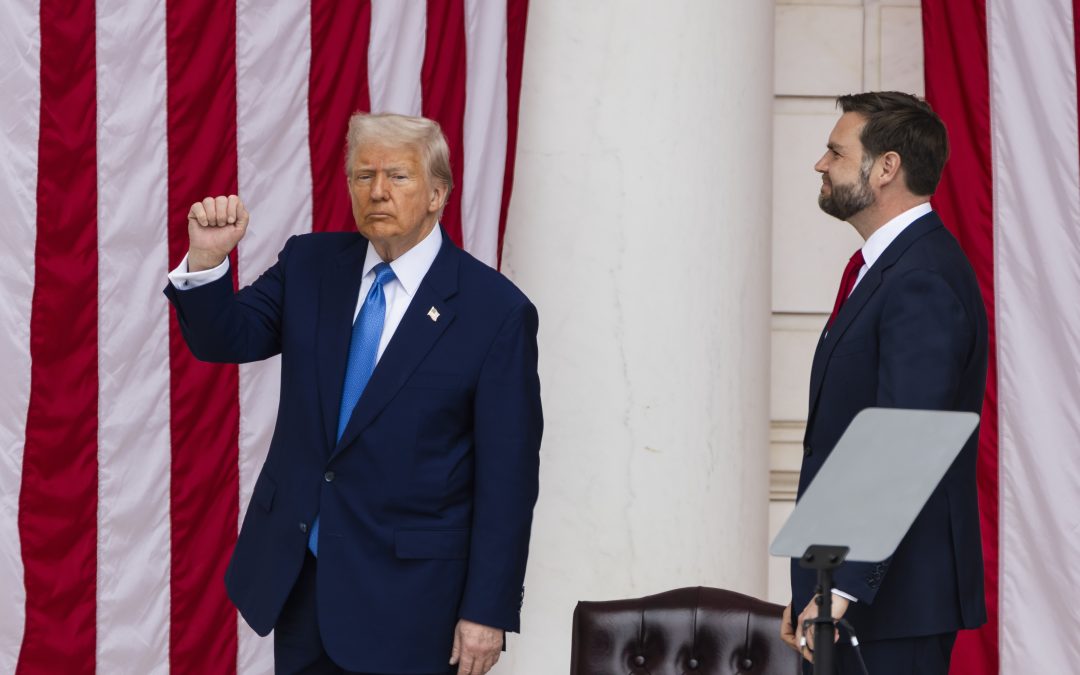
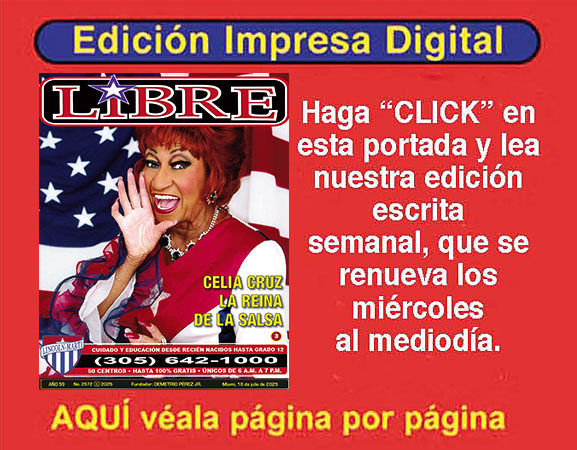

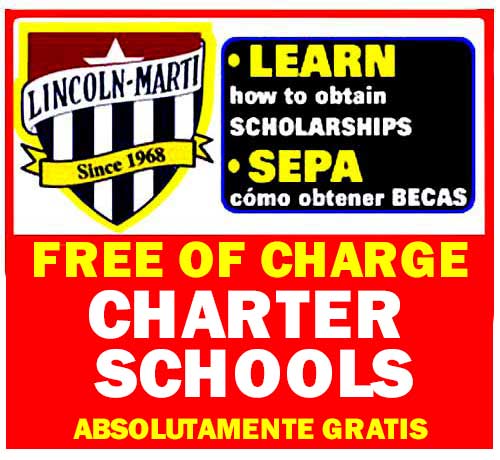
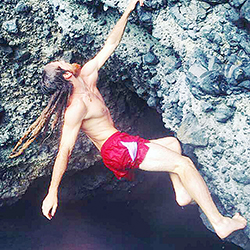

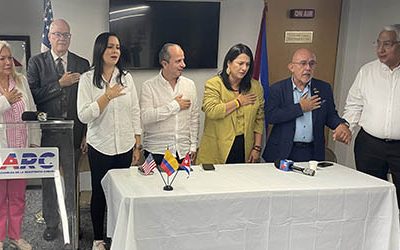
0 comentarios